Hormone imbalance is one of the most frequent causes of patients visiting my office for the first time, and many inquire about whether I support supplements to balance hormones. In recent years, women’s health has been recognized as a topic that should be addressed on a yearly basis.
Women are now more comfortable discussing issues such as painful periods and PMS symptoms, which include cravings, mood swings, breakouts, and changes during perimenopause. Women who seek hormone therapy can finally begin the road to optimal health and total wellness.
We’ve all felt nervousness and anxiety. Depression might affect some of us at some time in our life. While emotional shifts are a part of being human, they can also be significantly influenced by what’s going on inside our bodies rather than just our brains.
Hormonal imbalances can have a wide range of effects on our physical and mental health. Many women experience irritability, tiredness, hunger, and other symptoms as a result of hormonal changes caused by the menstrual cycle, menopause, and pregnancy. Hair loss, weight gain, and lethargy are all signs of testosterone deprivation in men aged 50 or older. Imbalances in several hormones in both males and females might induce thyroid issues or diabetes.
With the proper nutrition, vitamins, and lifestyle, we can assist to support and regulate our hormones in order to minimize some of the unpleasant physical and mental symptoms associated with hormone imbalances.
Contents
What Are The Best Supplement For Balancing Hormones?
I enjoy working with natural treatments in order to provide my patients with safe and effective symptom relief. Herbals are a kind way to treat a variety of problems, including hot flashes, painful periods, irregular cycles, hormonal acne, infertility, sleep difficulties, and more! Here are some examples of popular herbal supplements that can help balance hormones and fight these unpleasant problems.
- Black Cohosh: is a plant that has been used for menopausal problems, particularly hot flashes. There have been conflicting findings in study research on the effectiveness of this medication, but it has proved to be beneficial in many patients clinically. When combined with several other herbs in a menopause formula, I find it to be an excellent choice. This herb is often overshadowed by its attention as a menopause remedy, but it’s also great for PMS, period cramps, and irregular periods.
- Chaste Tree: Chaste Tree Berry is a well-known hormone balancer in the world of reproductive health. It stimulates ovulation and raises progesterone by stimulating the pituitary gland’s production of luteinizing hormone (LH). 2, 3 It’s commonly used to treat PMS symptoms. 4 It’s an excellent alternative if your progesterone levels are low or estrogen levels are high.
- Kava: One of my favorite herbs! What’s the appeal? Because it does so much, it’s one of the finest natural supplements for hormone balance! It’s recognized for having a calming yet non-sedative impact and as a menopausal symptom treatment. Its muscular relaxant qualities make it useful in treating severe menstrual cramps.
- Maca: Another personal favorite of mine. It’s great for women of all ages, from helping to regulate cycles in young women to alleviate menopausal symptoms.
- Fenugreek: The most famous usage of this plant is as a folk remedy for encouraging milk production in nursing moms. One of its lesser-known features is to aid women with low testosterone levels and enhance sex drive. Although the effect of it on testosterone has yet to be determined, it consistently appears to have a favorable impact on libido.
- Licorice and Saw palmetto: These herbs are wonderful for people who wish to reduce testosterone levels, such as those with PCOS.
- Dandelion Root and Burdock: Given their liver-loving affinities, any discussion about hormone equilibrium and herbs must address these plants. Why would you want liver herbs for hormone balance? Because many of our hormones are metabolized and broken down in the liver. Encouraging a healthy metabolism means that harmful compounds and overabundant hormone products don’t accumulate! Dandelion Root 2 and Burdock 5 are two such herbs, making them ideal for hormonal regulation.
- Cruciferous vegetables are the source of diindolylmethane (DIM), which is an incredible supplement. It’s mainly used for cases with too much estrogen. This occurs as a result of DIM’s ability to promote estrogen metabolism.
related articles
Introduction to hormone-Balancing: definitions, symptoms and supplements
Best Acne Supplements: In-depth Guide to Help You Fight Acne
Can Supplements Balance Hormones?
Taking a supplement containing all of the B vitamins can help to relieve the signs of hormone imbalance. These vitamins are vital for the proper functioning of your hormones. If you don’t get enough of these vitamins, it will have an impact on your hormones. A vitamin B supplement that raises the amount of vitamin B in your body might assist you to return to normal.
Vitamin B deficiency may affect people of all ages, including children. Supplementation can be quite helpful in restoring hormonal balance in those who have hormones imbalanced due to any number of causes. Menopause and andropause symptoms will improve after taking these pills for women going through menopause or pre-menopause, as well as women in peri-menopause.
Although there are no published studies to back up these claims, it is still possible that taking vitamin C can help you feel better. You may have more energy, your mood will improve, and PMS symptoms may be relieved.
Cruciferous vegetables have the ability to assist regulate estrogen metabolism. You can’t, and you wouldn’t want to consume as many cruciferous veggies to create adequate estrogen metabolism. DIM could give you a concentrated dose of these vegetables to help increase healthy estrogen levels in your body.
Vitamin D may be taken in doses as small as 10,000 IU daily for treatment. Vitamin D supplements might cause a variety of unexpected outcomes: hormone balance. It can also aid in lowering the likelihood of breast cancer among women who are deficient in vitamin D. It can help treat symptoms linked to other health problems that frequently occur as a result of vitamin D insufficiency.
What Pills Can Balance Hormones?
Milk Thistle Pills
The liver is the body’s most essential hormone regulator. When the liver is clogged, it is unable to efficiently filter extra estrogen, which is responsible for maintaining reproductive system function in women. As a consequence, toxins accumulate in the liver, disrupting your hormone equilibrium.
Selenium deficiency, caused by Silymarin milk thistle’s liver purifying qualities, is avoided. This makes it another wonderful supplement for hormonal balance. Milk thistle can also help lower blood sugar levels and break down dead skin cells.
Organic Maca Pills
The Peruvian highlands are the source of this hormone balance supplement. It’s a potent natural stimulant with a lot of energy. Organic Maca increases libido and fertility and alleviates menopause discomfort. In addition to being one of the finest hormone balance supplements, maca benefits depression symptoms and blood pressure levels by enhancing the immune system.
Glycine Pills
Glycine is a neurotransmitter in the central nervous system that your body needs to create proteins crucial for tissue growth and repair. Your body requires this amino acid to build proteins that are required for tissue development and healing. You have high levels of oxidative stress when your glycine levels are abnormal. This implies that you aren’t receiving the rest you require because
Taking glycine as a supplement before going to sleep can improve the quality of your sleep and boost your body’s regenerative abilities. It can also help prevent heart disease, irritation, and diabetes.
DIM
Diindolylmethane is a chemical compound that sounds like it might be harmful. It is not at all frightening despite being a chemical substance. Diindolylmethane may be found in kale, broccoli, collard greens, brussels sprouts, and cabbage, and it aids with detoxification. It helps to restore estrogen levels by blocking the action of testosterone as a supplement for hormone imbalance. Some scientific studies have revealed that it can also aid in the prevention of hormone-related illnesses such as prostate cancer and breast cancer.
Chasteberry Pills
The fruit of the chaste tree is a chaste berry. It’s common in Central Asia and the Mediterranean. It was also known as “the monk’s pepper” because it was utilized by monks in Central Asia to suppress sexual desire. Today, it’s used as one of the finest female hormone balance supplements to regulate hormones and alleviate menstrual cramps and PMS symptoms.
Gurmar Pills
Gurmar is a tree native to Asia, Africa, and Australia. Its primary advantages as a hormone balance supplement are related to its influence on blood sugar levels in the body.
Gurmar is an excellent choice if you have high blood sugar or are looking for a sweet thing to eat but don’t want the calories. It has also been investigated to impact thyroid hormones in order to reduce diabetes cause by steroid-induced.
What Vitamins Are Good For Women’s Hormones?
Vitamins aid in the production and balance of hormones in the body, which is why they’re so crucial for women’s health. Vitamins can help to support and balance hormone production in your body, which is why they’re such an important component of female health. However, if you have a lot of symptoms or a condition that necessitates further treatment, it’s essential to speak with your doctor about any vitamins you take to ensure that they are suitable for you and don’t interfere with any medicines you’re taking.
If you have hormonal imbalances as a result of physical or mental problems, consider taking the vitamins listed below to assist your body’s return to a healthier and more balanced state.
Vitamin B3
Niacin is a B3 vitamin derivative. Niacin has the ability to help you relax and sleep more soundly because it helps relax muscle tissue, which allows for greater blood flow and pressure reduction. As a result of increased blood flow and reduced blood pressure, niacin is linked with decreased stress, anxiety, and depression because it stimulates circulation via skin flushing. Seek advice from your doctor on dosage if niacin can cause skin flushing.
Vitamin D
Vitamin D is a key component in the prevention and treatment of many diseases. Vitamin D insufficiency has been linked to an increased incidence of thyroid antibodies, which are typical in persons with autoimmune thyroid disease. Vitamin D supplementation may help to regulate insulin flow and blood sugar levels, allowing the body’s natural hormone cycles to function more effectively.
Vitamin E
Vitamin E can assist support the body for menopausal women by reducing certain symptoms. Vitamin E supplements might help relieve the severity of many prevalent menopausal symptoms, including sleeplessness, hot flashes, night sweats, palpitations, and vaginal dryness. It is thought that vitamin E lowers stress in individuals through its natural antioxidant qualities.
Vitamin B6
Vitamin B6 can help with the symptoms of premenstrual syndrome (PMS), including mood swings and irritability. Taking around 100 milligrams of vitamin B6 daily has been shown in studies to be an efficient way to prevent PMS symptoms associated with mood and emotion – it helps to build some of the neurotransmitters that influence these emotions.
What Causes Hormone Imbalance?
Hormonal levels fluctuate naturally at specific times in our lives, such as during puberty, pregnancy, and menopause. Hormone imbalances can be induced by an unhealthy lifestyle, poor nutrition, stress, and environmental pollutants. It is critical that we identify the precise reasons for hormone imbalances among female hormones in order to avoid them.
Medication
Hormone imbalances can also be caused by pharmaceuticals. Hormone medicines, such as birth control pills, cause a woman’s natural hormone production to be disrupted with a synthetic form of progesterone and estrogen. By eliminating the peak of estrogen in some birth control pills, they prevent ovulation by preventing the ovary from receiving the signal to release an egg.
Stress
When we are under pressure, our bodies may become out of balance due to a surge in cortisol, which can cause disruptions in hormone levels. When we are stressed, our hormones can go out of sync as a result of rising cortisol levels. Our bodies create progesterone and convert it into the stress hormone cortisol when we are anxious.
Cortisol, the stress hormone produced by the adrenal glands during stressful times, takes vital nutrients from the thyroid gland in order to manage this state. This “cortisol steal” may have a negative influence on our thyroid function, which controls almost all bodily functions.
Your Living Place
Hormones in our body are disrupted by a number of external factors, including the environment. Bisphenol-A (BPA), for example, is a chemical found in some plastics that has been linked to hormone disruption.
BPA is a chemical that has been linked to various health problems, including infertility and hormone-related cancers. It has been found in the urine of more than 90% of the world’s population. Endocrine disrupters are chemicals that bind to hormone receptor sites and disrupt the body’s natural hormonal balance – they’re called endocrine disruptors.
DDT and other pesticides, as well as dioxins, certain cosmetics and domestic chemicals such as detergents, have all been linked to significant hormone disruption in people.
This can result in biological changes that mimic the action of the estrogen hormone.
What You Eat
Many of our bodily functions, including the movement of hormones, are regulated by nutrition.
Certain food items might help the body maintain a healthy hormone balance by limiting one’s intake. Sugar, for example, has been linked to hormonal imbalances because it can cause insulin levels to rise. When carbohydrates are consumed in excess, insulin levels rise until cells develop resistance. This causes the body to pay more attention to processing sugar and less attention to other hormones, resulting in estrogen, progesterone, and testosterone imbalance as well as others.
White bread, for example, contains gluten and sugar, which can exacerbate inflammation in the body and put stress on the adrenal glands. This may result in a decline in estrogen and progesterone production, as well as adrenals and thyroid function, putting hormone balance out of whack.
Conclusion
The food and nutrients we eat, as well as the lifestyle we pursue, can have a direct influence on our mood, sleep, memory, and emotions. They may also have an impact on certain physical elements like skin health and weight.
While we should not attempt to manage our hormones, we must nevertheless support and nourish them in our daily lives to ensure they function properly. A healthy diet, vitamin supplements if required, as well as exercise and enough sleep may help to balance hormones. Balanced hormones also bring about a happier, less anxious you.
related articles
8 Best Supplements and Vitamins for stress and anxiety
Is Biotin a Hair Growth Supplement for Balding Men (Biotin For Men)?

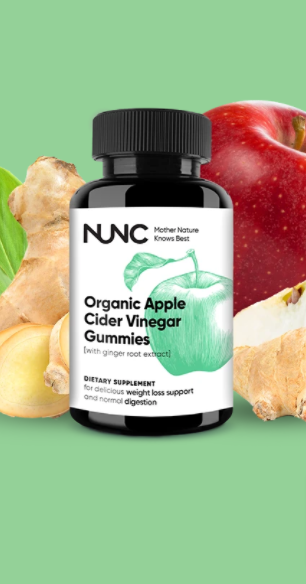



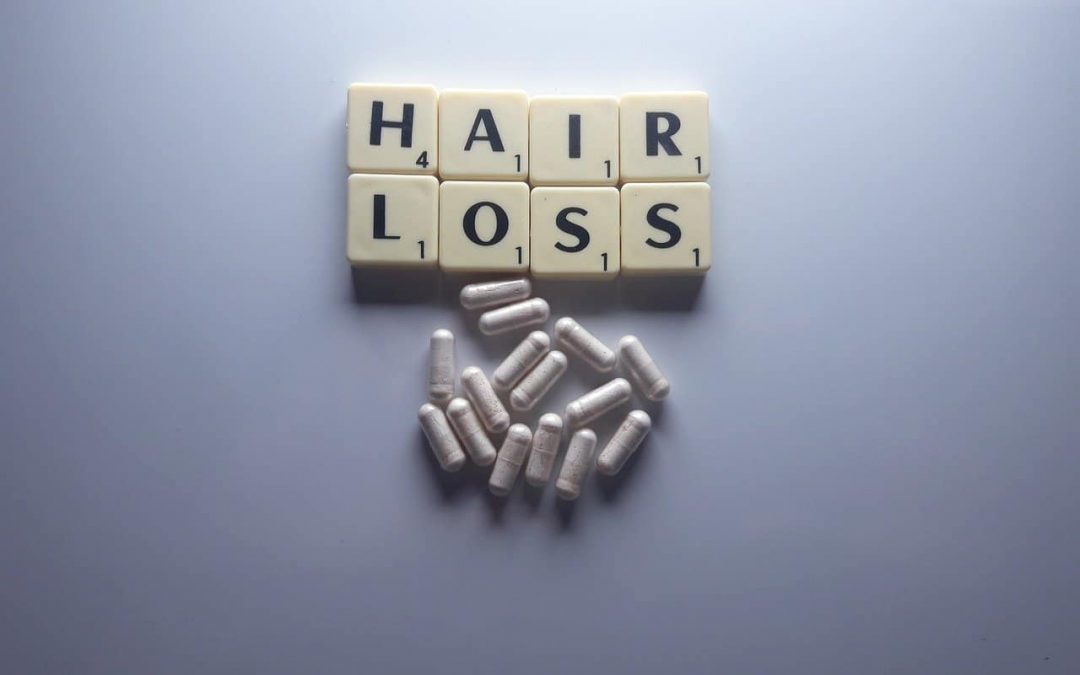
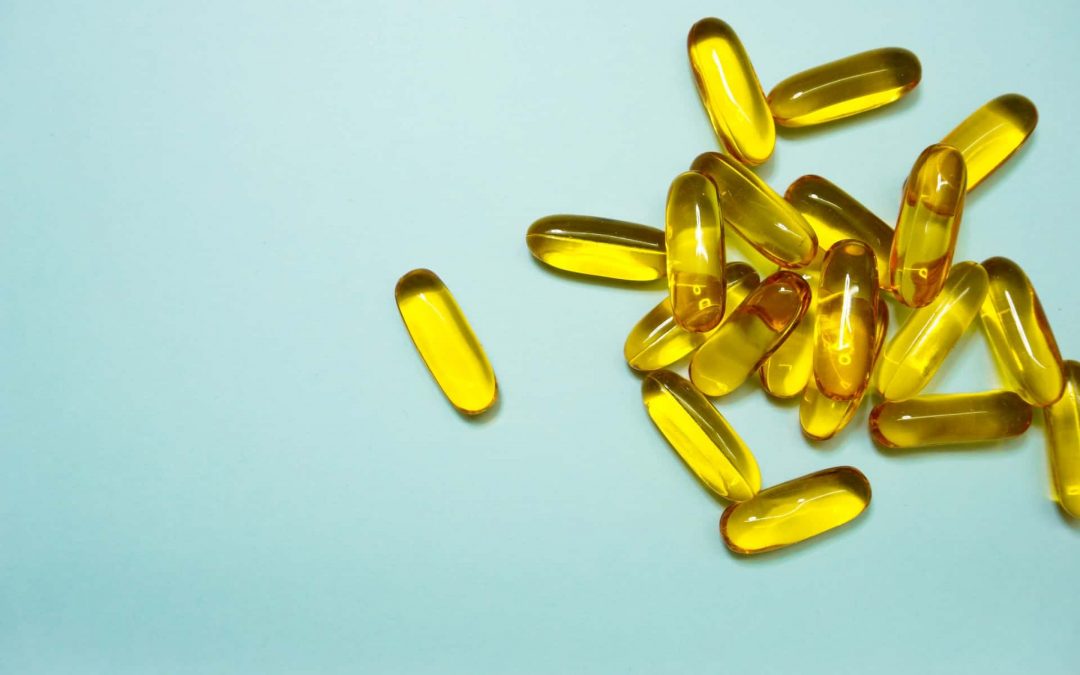
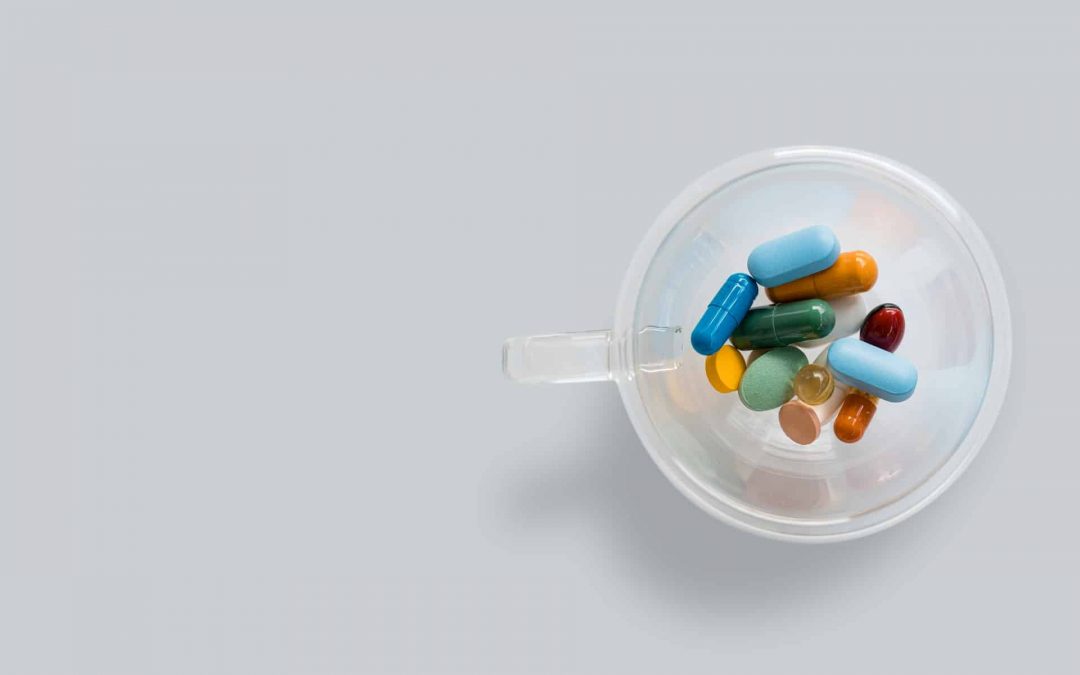

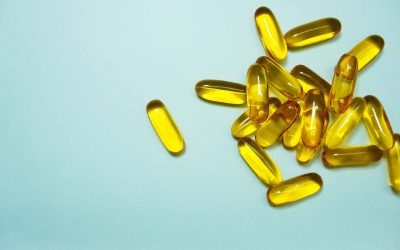

0 Comments